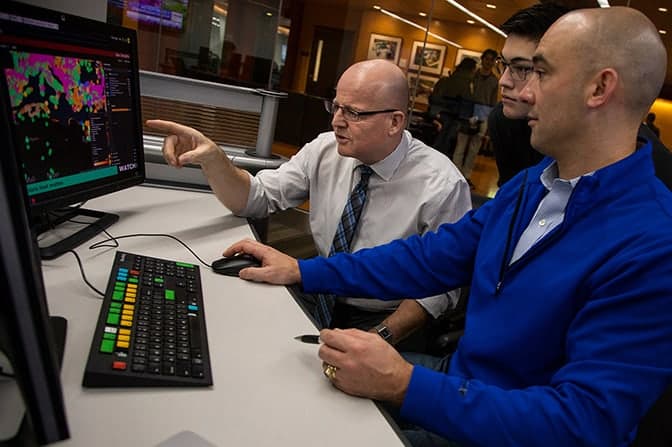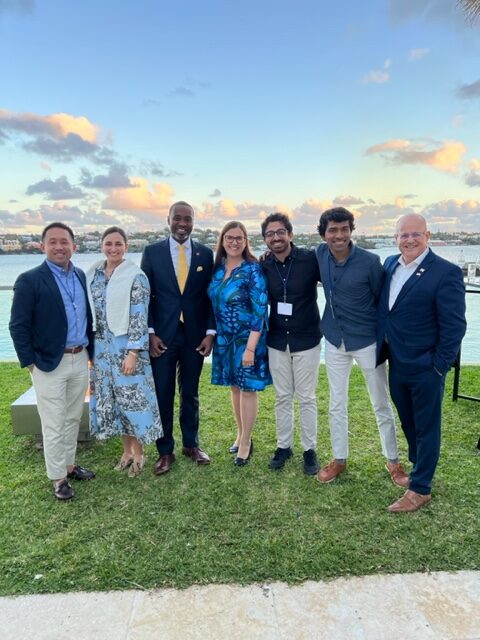
CEE’s Smart Infrastructure Finance degree expands to the world of Public Policy
A novel approach to infrastructure finance education

A novel approach to infrastructure finance education
Public deficits and tax shortcomings plague the upgrade and rebuilding of the Nation’s public infrastructure, impacting future economic wealth creation and inequality. Data and digital delivery of smart infrastructure have been proposed as a solution. But how should these be funded and financed? How can data be best utilized to develop financial models for infrastructure in a digital economy?
CEE’s Smart Infrastructure Finance (SIF) graduate program aims to guide students toward the answers to these questions, combining engineering, data science, public policy and finance into one interdisciplinary program. The Smart Infrastructure Finance program prepares its students to participate in the digital transition of infrastructure towards smart cities.

First launched in 2020, the MEng in Smart Infrastructure Finance bridges the gap between the fields of engineering, policy and finance with a curriculum that focuses on infrastructure project innovation, financing and investment. This enables students to explore smart infrastructure as an asset, create data-informed infrastructure designs, develop and test financial models and overall gain a well-rounded understanding of how data and analytics inform the finance and construction of infrastructure.
“In the context of smart infrastructure systems, public policy is a key driver for the emerging new public-private partnerships that will be necessary to deliver these assets,” said Peter Adriaens, CEE Professor and Smart Infrastructure Finance Program Director.
An expansion of the program’s policy course offerings alongside its already established emphasis on finance and engineering will help prepare students to face the real-world challenges that come with financing smart infrastructure projects. “As we face issues like lower taxes, bankruptcy of the highway trust fund, and high borrowing costs, as well as an increasing need to deliver on sustainability criteria, funding for public infrastructure needs to keep up with the financing costs,” said Adriaens. “Infrastructure is more than just roads and bridges — it comprises dams, water and wastewater facilities, ports and airports, ballparks and renewable energy infrastructure that need funding and financing. Smart infrastructure – and the P3 contract structures — can deliver data-driven (digital) financing. Our program helps students to analyze that data and implement solutions in the context of multiple use cases.”
“This isn’t just a program that focuses on crunching numbers,” said Adriaens. “It’s a program that emphasizes a mix of hard and soft skills, based on feedback from UM alums in banking and institutional finance.” The SIF curriculum and use cases provide students with a multidisciplinary educational context to enhance their competitiveness in the job market, and open doors for careers in finance at the intersection of AI, infrastructure and data markets.

“This Smart Infrastructure Finance program is unique in the US. No one else is doing what we do,” said Adriaens. “We have professionals and corporations from a wide range of industries and backgrounds that enable this program with donations and contracts and bring use cases because they know that we need students with these skills out in the workforce of the future.”
“What intrigued me about the SIF program was the multidisciplinary approach to engaging in a new space,” said UM alumni Ben Shale, one of the first Smart Infrastructure Finance students. “It covered the essential courses to becoming well-versed in high-level technical engineering, finance, business and policy in the infrastructure space, creating a well-rounded toolkit that I knew would be fundamental to my future career.
This program is preparing students to engage in the next generation of smart infrastructure finance unlike any other.”
The enhancements made to the Smart Infrastructure Finance curriculum will further prepare students for success in their desired field, giving them a competitive edge in the job market while also enhancing the competitiveness of CEE with the program’s uniqueness, breadth and prestige. Applications for the rebooted MEng Smart Infrastructure Finance program can be submitted up until January 15, 2024. Learn more here.

Marketing Communications Specialist
Department of Civil and Environmental Engineering